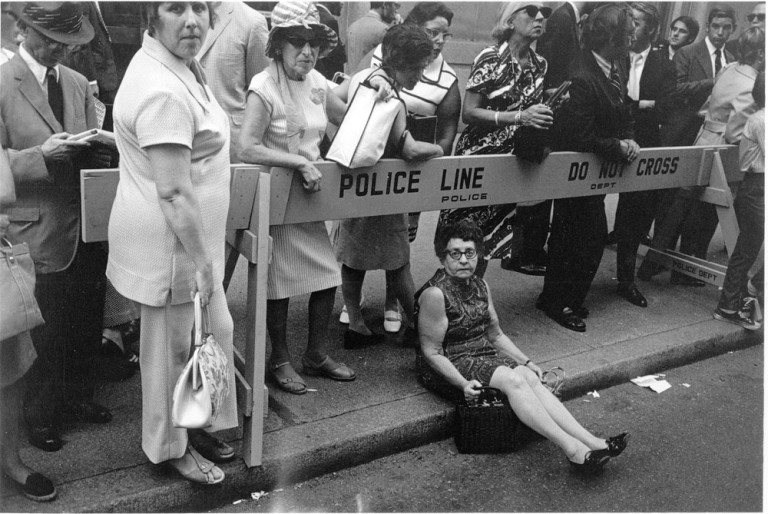Last month, my weekly study group began reading Buddhism After Patriarchy, by Rita M. Gross. I was sad to hear that Dr. Gross had passed away recently; there was hardly any fanfare surrounding her death. Someday, thousands of women and others who don’t identify with the patriarchy will look back and praise her as a great pioneer, a teacher who spread Buddhism to a wider audience by freeing it from the cultural bias of androcentrism.
Anyway, Dr. Gross’s book has me fantasizing about writing my own book someday—I joked with the study class that its title will be Monku, Monku, Monku: Rantings of a Shin Buddhist Feminist. The Japanese word monku means “complaining,” “whining,” or “bitching.” If you take a walk through any West Coast Japantown, you’ll see T-shirts for sale with “Monku, Monku, Monku” down the front, mimicking the 1970s-era slogan “Bitch, Bitch, Bitch” popularized by Alice Cooper.
I bring up the word “bitch” for a reason. A few months ago, some members of our temple attended a seminar entitled “Women in Buddhism.” During the seminar, the presenting reverend spoke only about Shinran’s wife and daughter before turning to the second portion of her talk: the “no monku pledge.” She handed out “No Monku” wristbands and pledge sheets that asked people (an audience of mostly women) to promise not to complain for 24 hours.
One member thought it was ridiculous—if Shinran’s teachings have sunk in, we know that we can hardly go a few minutes without an ego-centered defilement, or bonno, kicking in. Another felt it reminiscent of the message oppressors often send to those they oppress: “Quit complaining and be grateful for what you’ve got.” As a woman whose Jewish forebearers were persecuted in Russia and Europe, she found this disturbing. Can you imagine if today we told the young people protesting injustice on the streets in Chicago, “Oh, don’t complain so much; have some gratitude”?
In a way, by complaining, I feel like Ananda in the Larger Pure Land Sutra [Sukhavativyuha Sutra]. Ananda speaks up, questioning and goading the Buddha to make his teachings more accessible so that those who come later may benefit from them. We, as students of Shinran and as female ministers and leaders, need to keep pointing out where Shin Buddhism fails to convey total equality and deep respect for each and every being. Perhaps other Buddhist traditions would benefit from doing this as well.
Thank you for subscribing to Tricycle! As a nonprofit, we depend on readers like you to keep Buddhist teachings and practices widely available.
